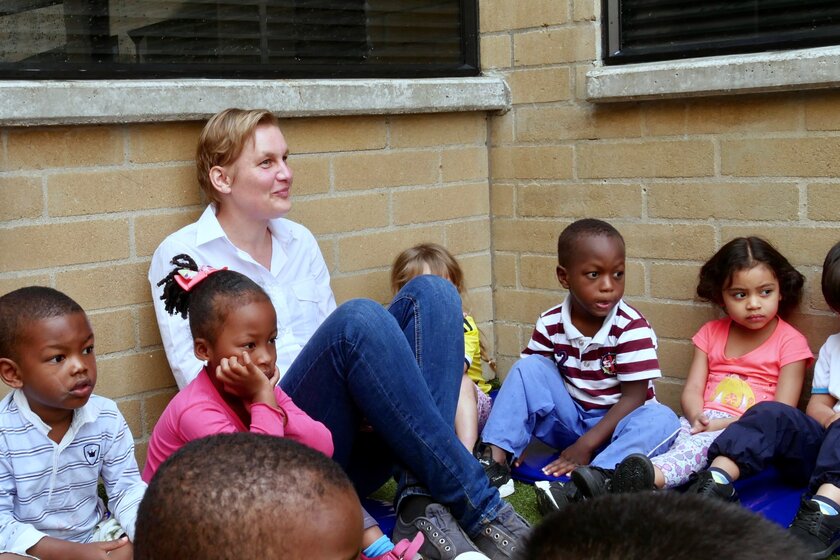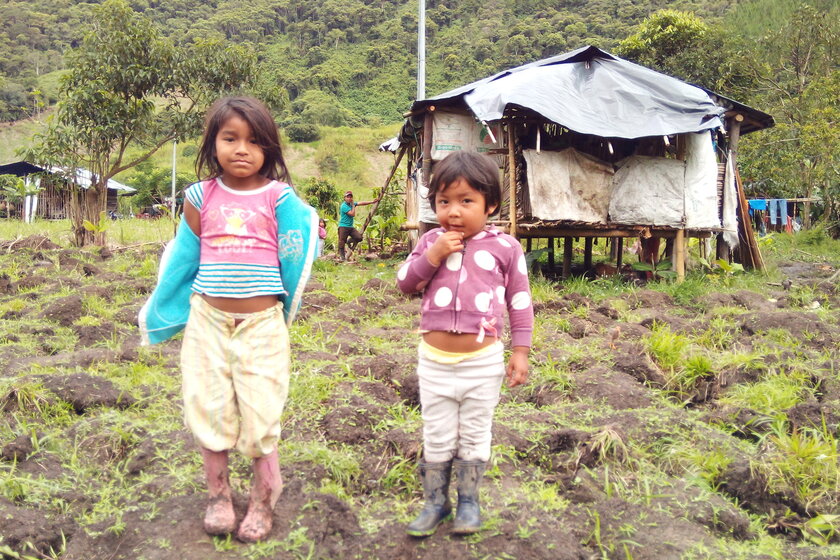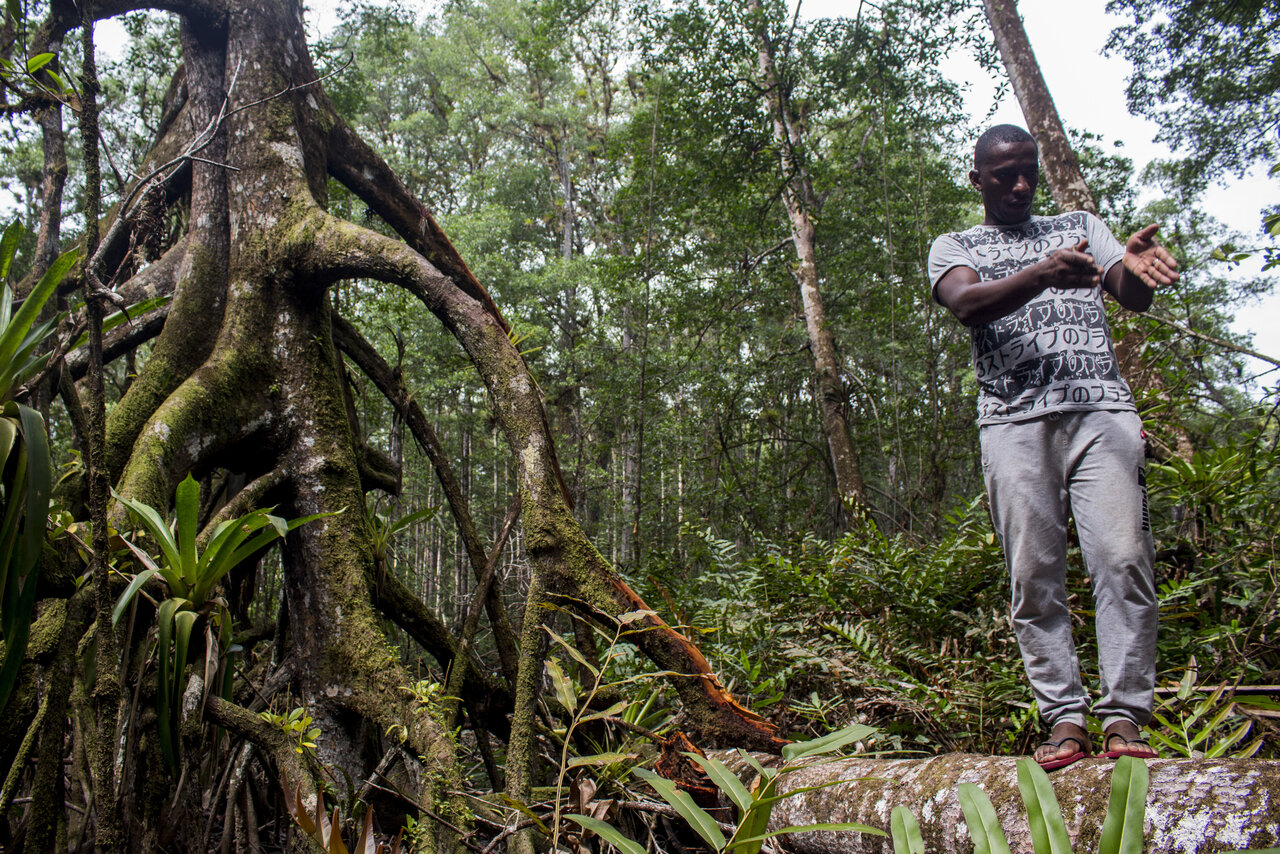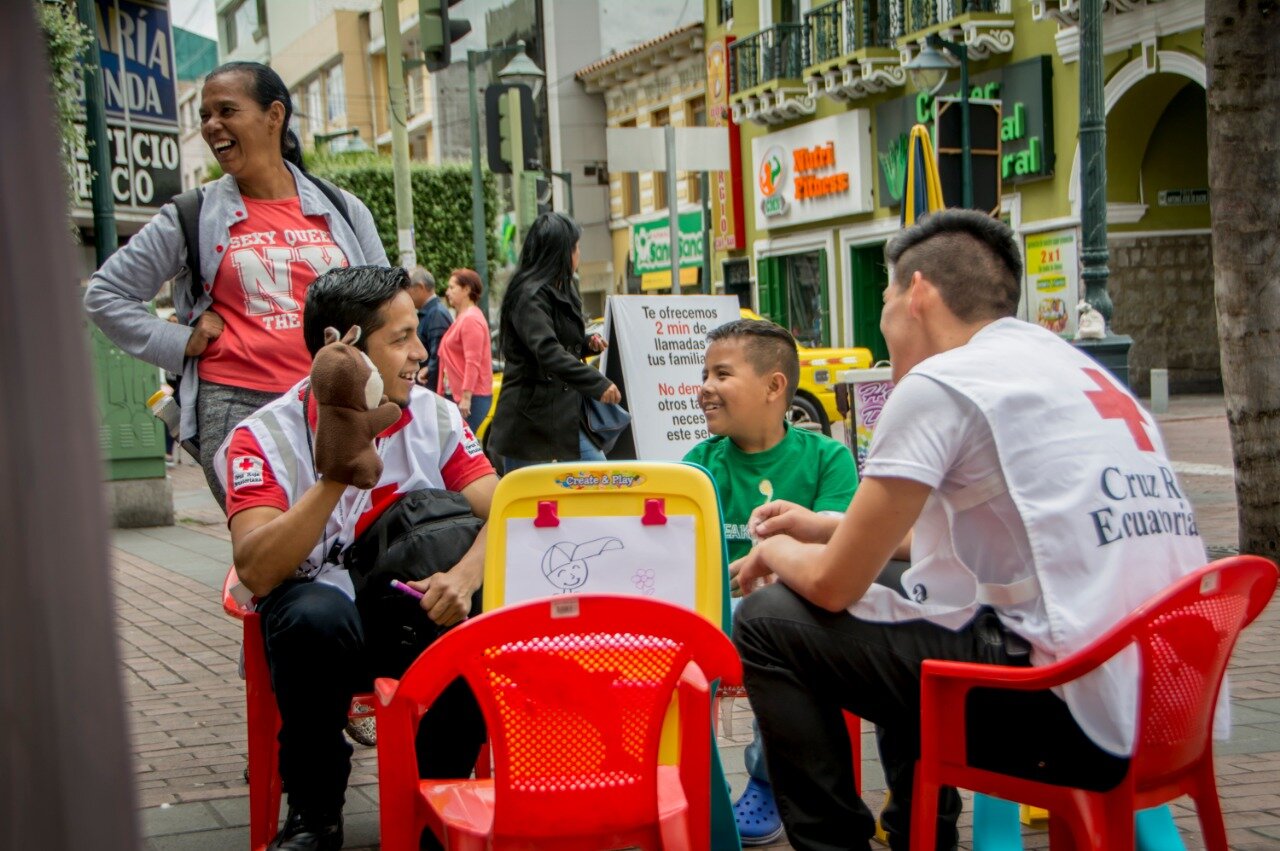„Colombia´s health system is at its breaking point"
Berlin / Bogotá, 20. May 2021
Violent protests have been erupting in Colombia for weeks. Our staff member Kirsten Wesenberg coordinates Johanniter project activities in the capital Bogotá and describes in an interview how badly the country is affected by Corona, poverty, violence and a health care system that is working at its limits.

In Latin America, the Corona pandemic has set back many countries in their fight against poverty. In Colombia in particular, protests have been erupting for many days, some of them violent. Why?
The violent protest marches, which have affected around 800 cities and municipalities for weeks, are triggered by dissatisfaction with current politics and the country's persistent social and structural problems. Around 15 million people are protesting against rising unemployment and impoverishment. While in the countryside it is mainly indigenous and Afro-Colombian communities that are neglected, in the cities it is youth and women whose future prospects are deteriorating. One figure makes this situation clear: just under a third of all Colombian households have the equivalent of about 140 euros a month to cover their basic needs. But the cost of living is rising significantly. For many unemployed people, this has been threatening their existence for a long time. The government then announced a tax increase, which is why many are now expressing their anger in the protests.

The wave of protests is accompanied by yet another Corona wave. What is the situation in the health sector?
The country is in the third Corona wave with around 15,000 new infections per day. A total of 3.1 million people have been infected so far and 81,300 people have died. With a population of around 50 million, this average is significantly higher than in Germany. Compared to other Latin American countries, however, Colombia's health system, emergency treatment and vaccinations are still comparatively good. However, there is a big difference between urban and rural areas. Therefore, together with local partner organisations, we at Johanniter plan to build collective capacities for coping and responding in marginalised communities, including health.
During the recent strikes and protests, many intensive care units in cities were understaffed or lacked equipment. In many neighbourhoods of Cali or Bogotá, which were particularly hard hit by violent clashes between protesters and state security forces, people set up provisional health clinics in homes to provide basic medical care to the wounded. With Corona's intensive care beds almost at full capacity and the consequences of the strike, the system is at its breaking point.
A few months ago, the Colombian government announced a right of residence for hundreds of thousands of migrants from Venezuela, which stands for a progressive migration policy. What is the situation of the people today, considering the current situation?
Registration under the temporary protection law officially started on 5 May. Since then, around 15,000 people have been registering per day. When the process is completed, around one million Venezuelans who currently do not have legal residence status will be able to obtain a right of residence for up to ten years, which can make it much easier for them to work, get health care or rent homes. However, it is not foreseeable how the current political, social and economic problems will affect the implementation.
The fact is that xenophobia, discrimination and violent acts of hostility against people from Venezuela are on the rise. They are blamed for crime and increasing violence, among other things. They are the scapegoats for a messy situation in a country that is largely left alone with migration. There has been justified criticism that the crisis in Venezuela has led to the second largest mass displacement in the world, but that it receives only a fraction of the resources spent on other crises of similar magnitude.
Yet Colombia itself has been facing a humanitarian crisis for many years...
And this is what adds to it. According to United Nations data, approximately 6.7 million people in Colombia are in need of humanitarian assistance, of which 5.6 million have acute needs. About 3.5 million people are affected by severe food insecurity, mainly as a result of COVID-19 and its socio-economic impact. Yet only about 1.4 million people can be assured of assistance through international aid mechanisms this year. For years, there has been a huge financial gap between humanitarian needs and available funding. At the current rate of development, this gap is set to widen.

